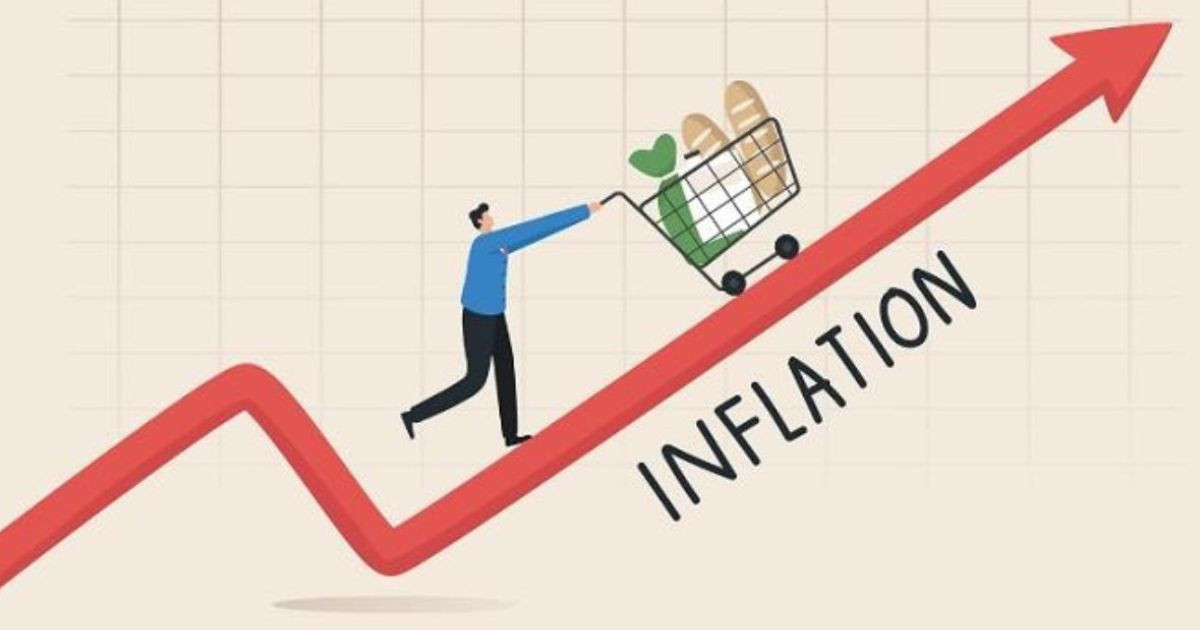QUOTA VIOLENCE
Inflation to go up, growth down
Inflation has been running high for more than one and a half years, forcing people to spend more than their income
Mousumi Islam, Dhaka
Published: 24 Jul 2024

Inflation will increase further and the growth will decline as the economic activities have come to a standstill in the country due to violent activities during students’ movement for quota reform and subsequent restrictions.
The setbacks come at a time when the country is reeling from high inflation with the cost of living spiralling out of control, putting people, especially the low-income group, in an extremely difficult situation.
On the other hand, the growth of the country’s gross domestic product (GDP) declined as production in different sectors, including industry and agriculture, dropped in fiscal year 2023-24 due to the general economic recession. Then came violence during the students’ movement.
Experts said this will severely impact the economy, especially on inflation and growth fronts. At present, the supply chain has collapsed while the industry and service sectors have come to a complete halt due to the ongoing situation.
According to Bangladesh Bureau of Statistics (BBS) data, inflation has been running high for more than one and a half years, forcing people to spend more than their income. The overall inflation rate was 9.33% in March 2023, which is still over 9%. Currently, food inflation is over 10% in the country.
In the national budget for the current fiscal year, a target was set to reducing inflation to 6.5% whereas it stood at 9.72% at the end of June.
According to BBS data, the overall inflation rate was 9.74% in April, 9.81% in March, 9.67% in February and 9.86% in January.
Dr Zahid Hussain, former lead economist at the World Bank’s Dhaka office, told the Daily Sun that the ongoing situation will affect inflation in different places in different ways.
“Disruptions to the supply chain will push up prices. If domestically-produced goods can’t be transported from one part of the country to another, people’s suffering will go up. Farmers will be deprived of fair prices while buyers will also have to pay higher prices. As a result, where demand is high, prices will increase. On the other hand, if vegetables can’t be supplied in the market, those will perish, ultimately affecting farmers. There’s no prudent economic policy in our country.”
A limited time to carry vegetables amid the ongoing curfew forced traders to carry limited items, which has created an artificial crisis in the market, he said, adding that due to the curfew, people cannot move easily in any places and this will badly impact inflation.
Dr Zahid also said it is beyond doubt that all economic sectors will see huge losses due to the current volatile situation. “Now we’re passing through dual lockdowns -- virtual and physical. The ongoing situation has had a negative impact on all sectors -- construction, production, banking, service and industry. It’s impossible to calculate the losses in amount. But the situation is not over yet. Given our economic condition, it won’t be possible to tackle the situation.”
Dr Ahsan H Mansur, executive director of Policy Research Institute (PRI), told the Daily Sun that the reserves have decreased and the inflationary pressure has increased due to the dollar crisis. The headline inflation has been above 9% since March last year, but the government planned to keep it within 6.5% in the current fiscal year.
“Our growth will not come easily, because the condition of our banking sector is very bad. That has become a big problem,” he added.
The country’s GDP witnessed a lower growth in FY24, compared to the target set for the fiscal year. The production growth in industry and agriculture sectors declined in the fiscal year due to the general economic recession. The government had set a GDP growth of 7.5% for the FY24, though it revised the target down to 6.5% later.
According to the BBS, the production growth in the agriculture sector in FY23 was 3.37%, which dropped to 3.21% in the FY24. The industrial sector’s production growth dropped to 6.66% in FY24 from 8.37% in FY23.
The growth of the service sector increased slightly though. In FY24, the growth of the sector was 5.80%, which was 5.37% in the previous fiscal year.
The GDP growth rate will be set at 6.75% for FY25.

